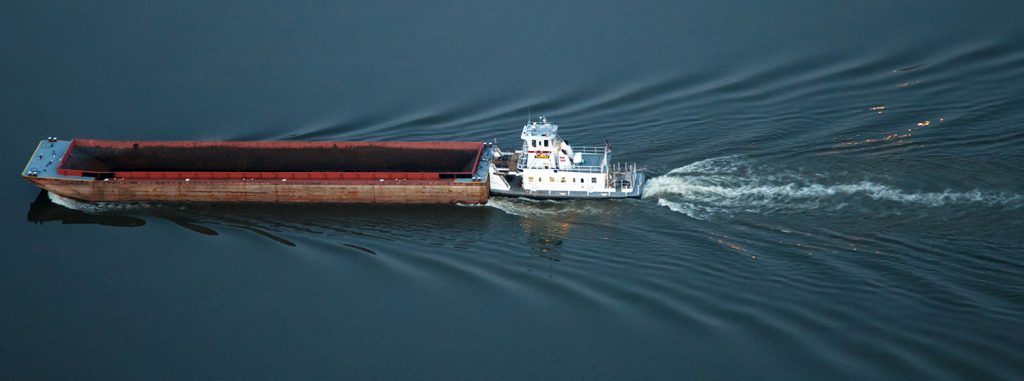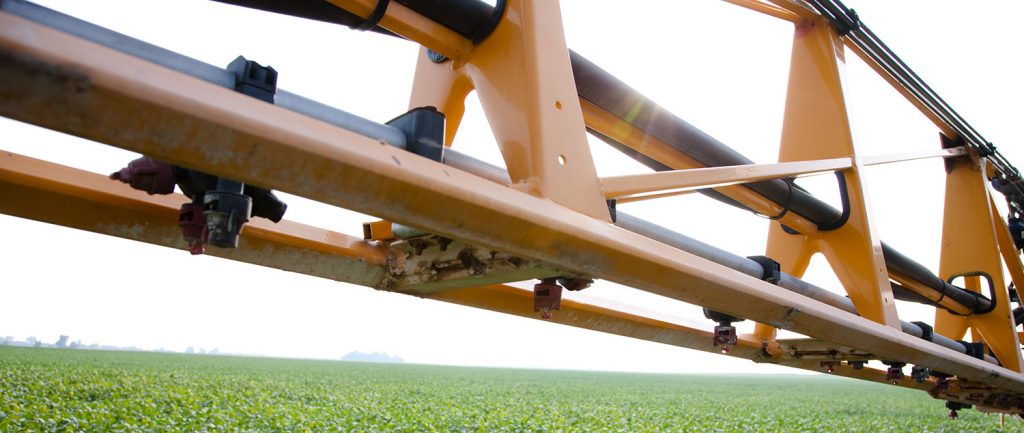Earlier this week, the Minnesota Pollution Control Agency (MPCA) released its evaluation on the health of the Minnesota River.
MPCA’s reporting was incomplete and broad, says Minnesota Soybean Director of Public Affairs Joe Smentek.
“The report doesn’t tell the whole story and doesn’t factor in climate change,” Smentek says. “It holds farmers to a higher standard to cities. If we’re truly trying to find solutions to water quality issues, you’ve got to stop the blame game and start finding a common ground.”
Dr. Satish Gupta, professor in the Soil, Water, and Climate department at the University of Minnesota, says although the report is correct in asserting that river flows have increased in the Minnesota River basin, it also fails to highlight other crucial data.
“All our analyses show that this (flow) increase is primarily due to increase in precipitation in the basin in recent years,” Gupta says. “On average, we get about four more inches of precipitation each year now than in the past. Some waters (outside the Minnesota River basin) sit in the soil and interact with precipitation in subsequent years, causing higher flows in various rivers of the basin.”
Agriculture accounts for about 85 percent of the land in the Minnesota River basin, and farm fields contribute 35 percent of the sediment in the Minnesota River. The remaining 65 percent comes from unstable stream banks, ravines and collapsing bluffs, as a result of increased flows.
“The Minnesota River has been a muddy river since 13,000 years ago,” Gupta says. “(The measurements from the 1835) are very similar to modern measurements in the early 1990s.”
University of Minnesota Extension Educator Brad Carlson says the MPCA should lower the temperature and cease pointing fingers.
“I think the tone of the report could’ve been different,” he says. “The focus might need to be geared toward simmering down the hyperbole a bit, instead of not offering solutions. Ultimately, we all have a part to play and we all want improved water quality.”







